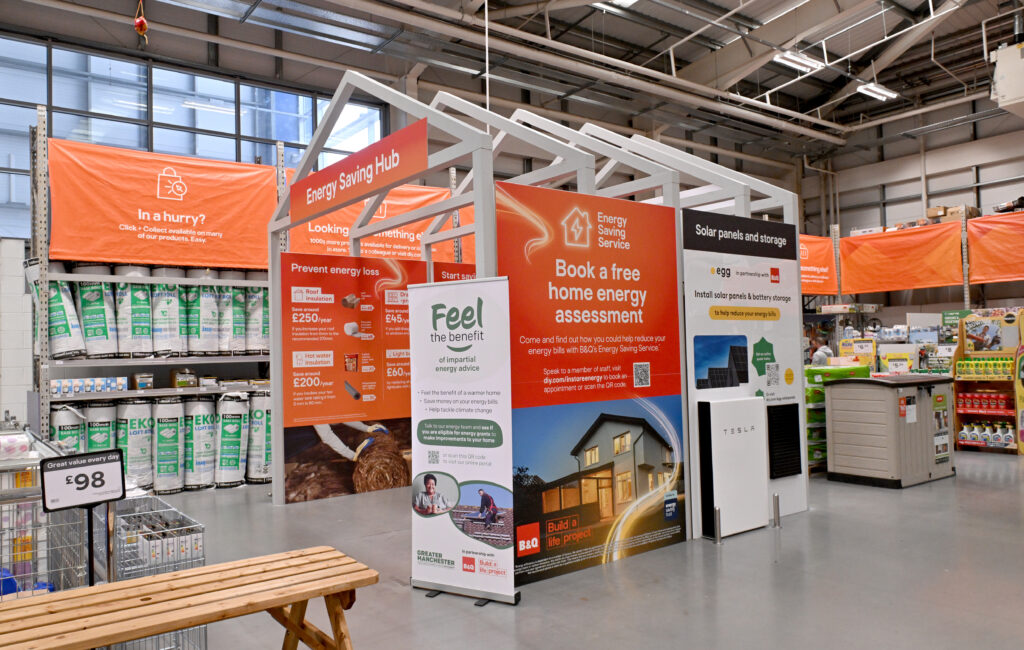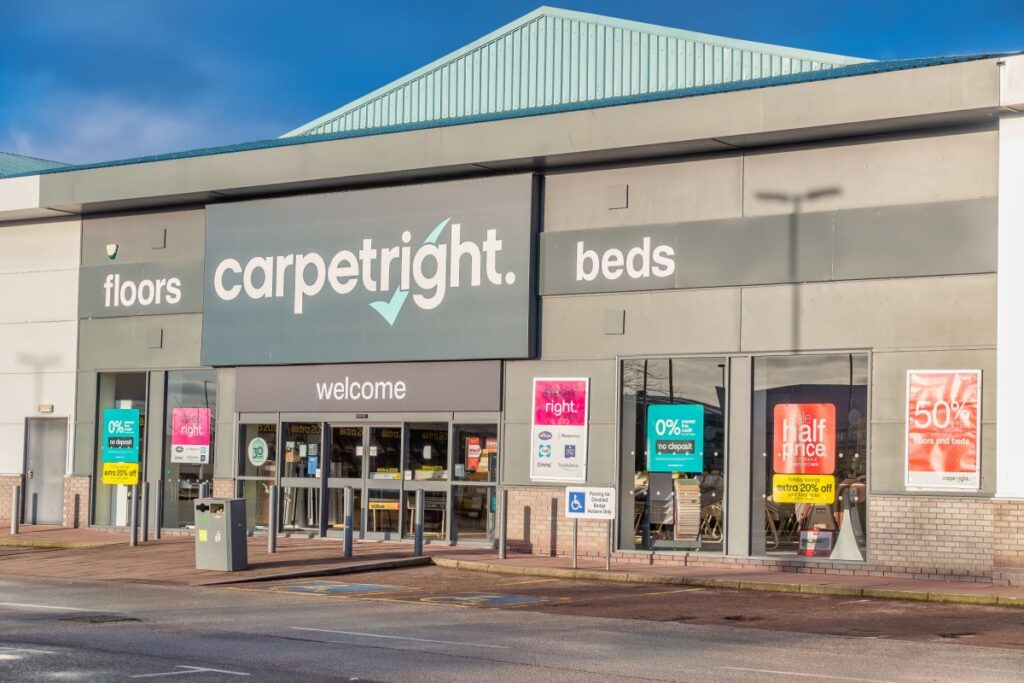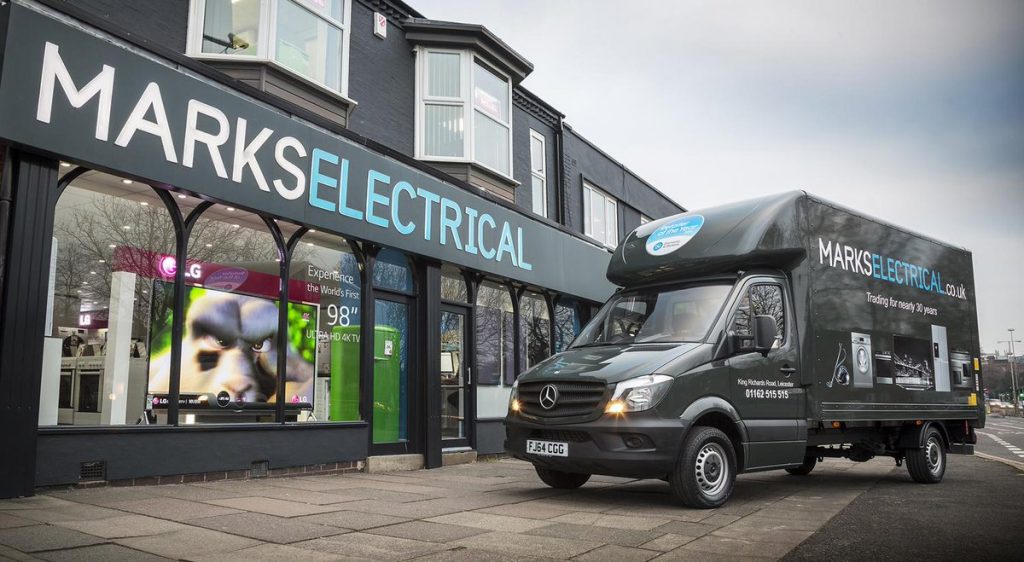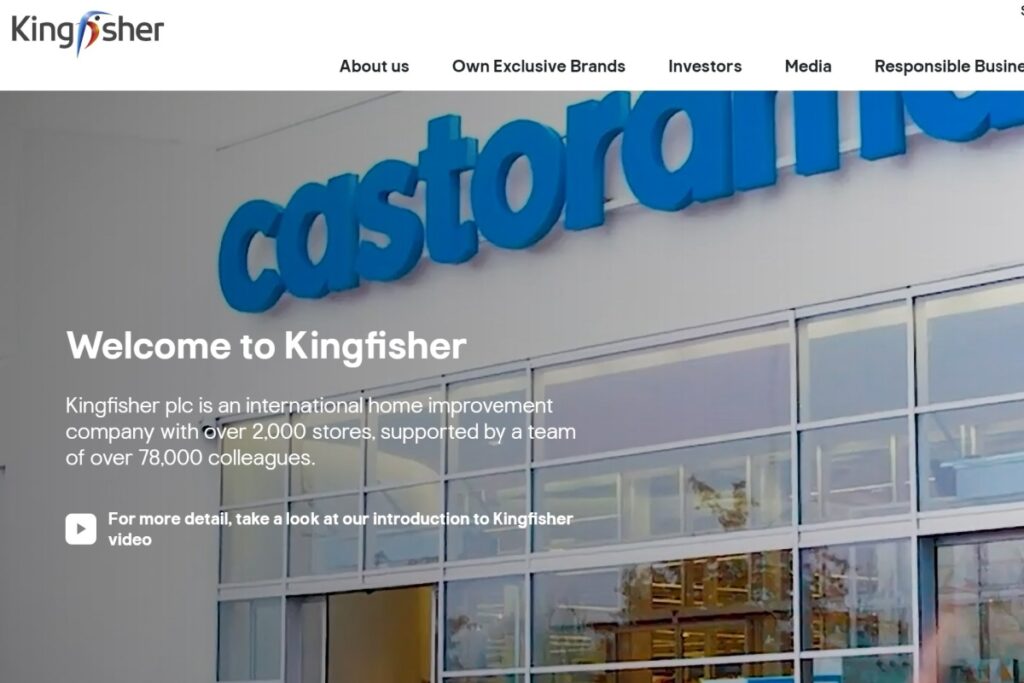In the Trump era, sustainability has become a hot-button issue. Both sides of the debate are firing on all cylinders. While the US pulls out of the Paris Agreement, Tesla has activated the world’s largest battery in South Australia, powered entirely by sustainable energy.
Although this debate is nothing new, it is now reaching unprecedented heights thanks to advancements in technology and greater understanding of its effect on all our lives. With this understanding comes a collective willingness to create change, even if it’s within our individual lives.
Ikea has been working towards enabling that change for a long time, though as its country sustainability manager Hege Sæbjørnsen told Retail Gazette, not everyone is aware of this.
“The vision is to make a better everyday life for the many people. I’ve grown up with Ikea, I’m from Norway, I’ve been in the UK 20 years, but I didn’t know that”
“What shocked me and part of why I’m so excited to work for Ikea in this capacity is that still a lot of people don’t know what Ikea really stands for when it comes to sustainability,” she said.
“The vision is to make a better everyday life for the many people. I’ve grown up with Ikea, I’m from Norway, I’ve been in the UK 20 years, but I didn’t know that.
“It was set up with the core purpose of improving people’s lives through well designed sustainably made furniture, at a time of course when that wasn’t available in the market.”
This, of course, starts with its products – but for the world’s largest furniture retailer, reducing the environmental impact of your goods is a huge undertaking. However, various products aimed at facilitating individual sustainability have started to emerge from Ikea.
Speaking to Sæbjørnsen at Ikea’s showroom in central London to mark its 30th anniversary in the UK, the chair I sat on while interviewing her was made from recycled materials. Across the room was a vase made from recycled glass, and behind it was a plastic hydroponics product allowing customers to grow their own food. More ambitiously, Ikea has started selling solar panels and home storage batteries.
For three years, Ikea has also been running its Live Lagom project where, according to Sæbjørnsen, customers “get £300 from us, you can then buy the products that will help you live a more sustainable healthy life”.
Sæbjørnsen continued: “How do we make healthy living more accessible, more affordable, and a little bit more interesting? By creating a community around it.”
With Ikea celebrating its 30th birthday in the UK, this gives Ikea an intimate knowledge of its customers. It also presents its most difficult sustainability challenge: three decades worth of old Ikea furniture.
Its solution is to bring to the world of furniture what retailers like H&M have introduced to the fashion sector, creating a “circular” economy.
READ MORE:
“Our core product is obviously home furnishings, we’re a leader in life and home, and by default then what happens when someone’s done with our products, that is the next step to really look at closing the loop on furniture,” Sæbjørnsen said.
“We have been exploring this space for quite a while already. In the UK we’ve had a furniture take back service for quite a while, that’s a baseline service.
“We work with an organisation called furniture reuse network that then redistributes any useable item through local charities and everything else gets recycled.”
Aside from working on creating completely circular products, Ikea is looking forward to creating an entirely new model of furniture retailing.
“Younger audiences are telling is this isn’t something we’re deciding in a vacuum, they’re telling us there’s less focus on ownership, it’s more about the access, how can we respond to that?” Sæbjørnsen continued.
“The really exciting frontier that we’re also pushing particularly in markets like London is things like leasing models and subscription service. How can kitchens be a service rather than a product.”
“For us to continue to grow we have to look at the responsible management of those resources because they won’t be around if we don’t manage them responsibly”
Dealing with the impact of the end product is one thing, but for any retailer with a supply chain spanning most of the world, the push to be more sustainable must happen before anything hits the shelves.
Last month Ikea held a “ground breaking” ceremony to mark the start of construction on what is set to be its most sustainable store to date in Greenwich, south east London. It will incorporate multiple green technologies including photovoltaic panels, rainwater harvesting and greywater treatment reducing water consumption by 50 per cent.
Although this store isn’t due for completion until winter 2018, it represents the tip of the iceberg in terms of Ikea’s internal sustainability progress.
“We’re a huge consumer of raw materials,” Sæbjørnsen said.
“For us to continue to grow we have to look at the responsible management of those resources because they won’t be around if we don’t manage them responsibly.
“We’re the biggest consumer of sustainable cotton globally. We reached 100 per cent sustainable cotton last year. We also reached our zero waste to landfill target last year, four years ahead of time.
“We have a commitment to be 100 per cent FSC certified wood. Another big goal is producing more renewable energy than we consume by 2020. Beyond that is to be renewable energy positive. We invested just over £2 billion in wind farms over the last two years.”
Sustainability appears to permeate both sides of the till in Ikea, present from the heart of the products on the shelves to the materials in the walls of its many stores.
In addition, the initiatives Sæbjørnsen and her team have in place have been developing for years and seek to enact long-term impactful change.
No matter how intense the sustainability debate becomes, or how dire the consequences of inaction appear to be, there is some solace to be taken in the fact that companies like Ikea will be working towards a greener future, whether people know about it or not.
Click here to sign up to Retail Gazette’s free daily email newsletter


















